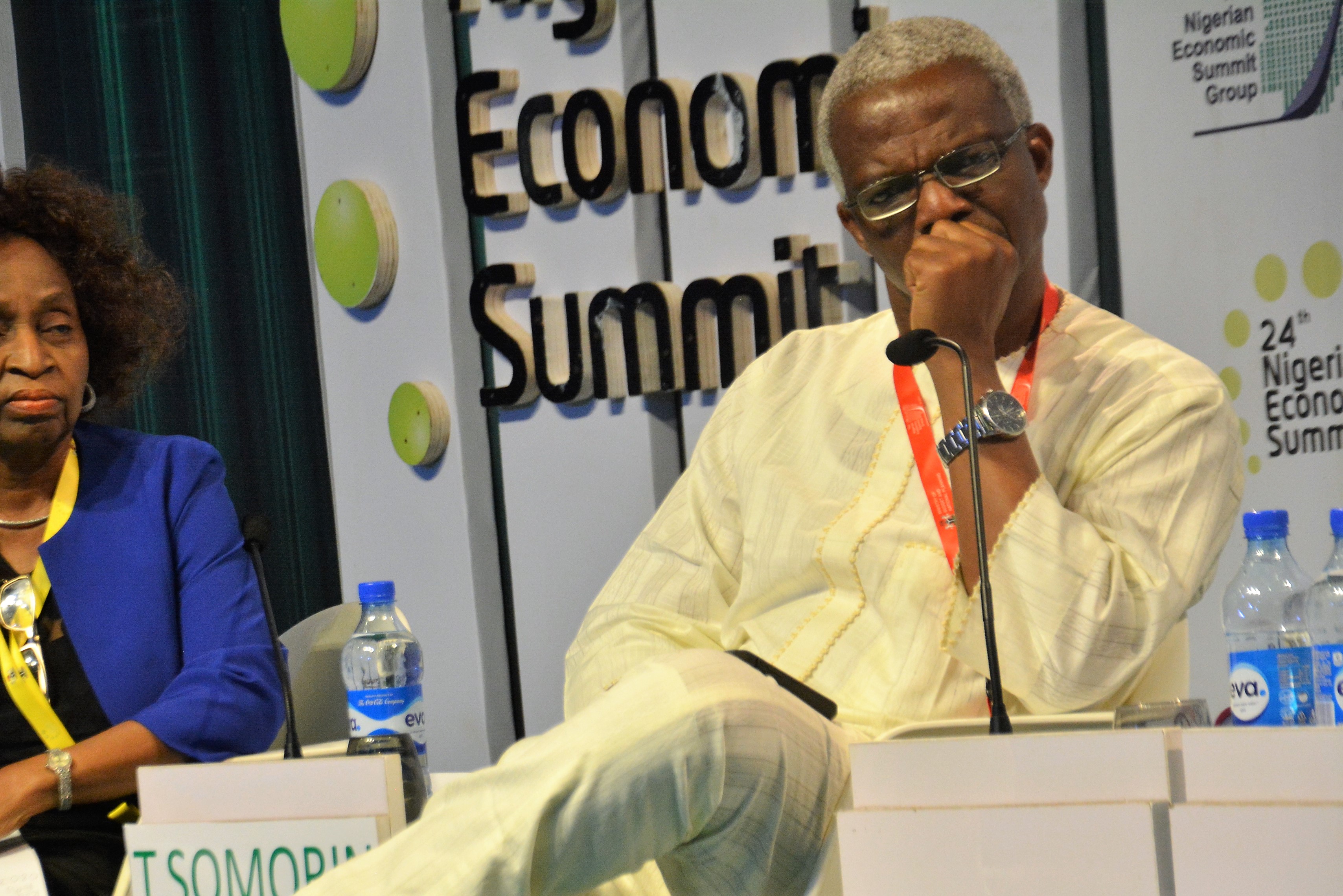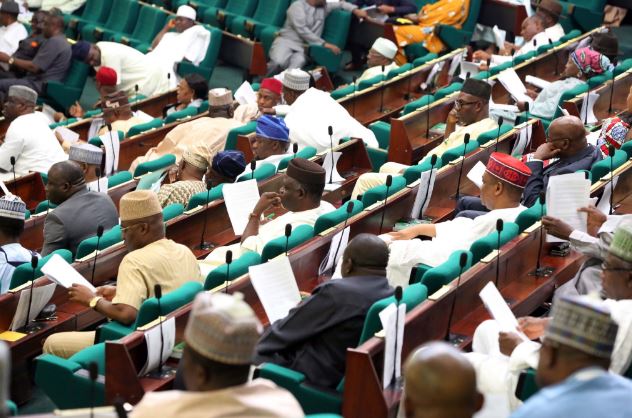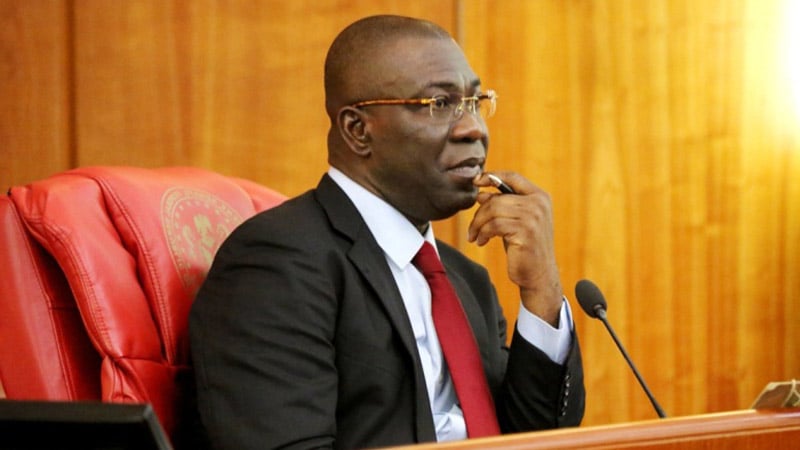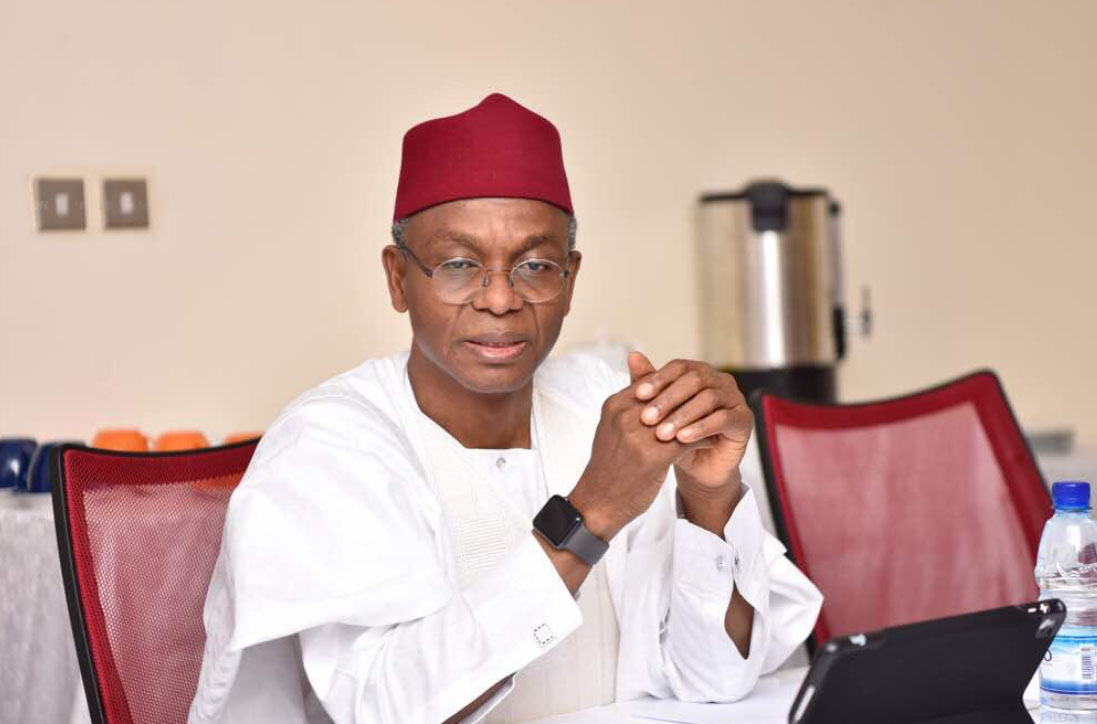Doyin Salami, a former member of Central Bank of Nigeria’s monetary policy committee and associate professor at the Lagos Business School, says Nigeria’s debts are no longer sustainable.
Speaking on fiscal governance at the just concluded Nigerian Economic Summit (NES24), Salami said expenditure is on the rise, but revenues are going down.
“The debate about whether Nigeria’s indebtedness is sustainable or is not is clearly addressed here. We are already at positions where our debt-service to revenues have become in my view unsustainable,” he said.
“Yes, they have gone down, they have gone down between 2016 and 2017, but we are still far above 40 percent.
Advertisement
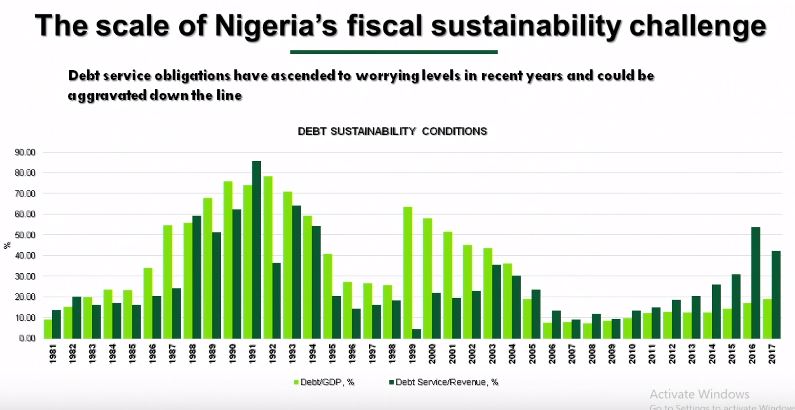
“That said, the challenges around our debt service capacity are underpinned by two things in my view; rising expenditure in the face of falling revenues.”
Advertisement
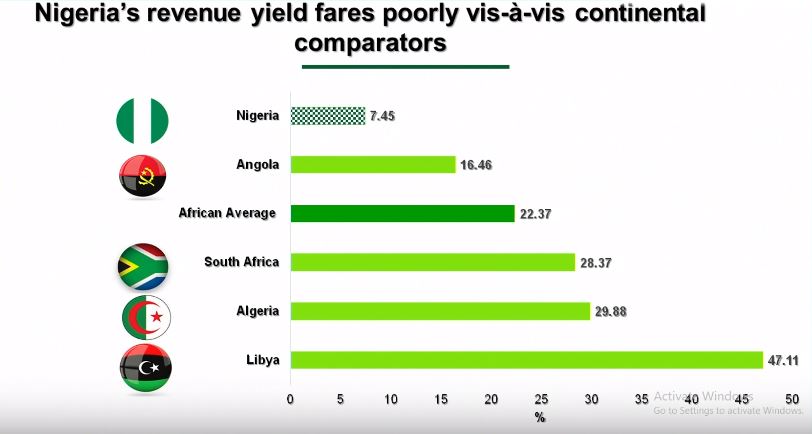
“Nigeria’s revenue yield currently is about seven percent, there is no way that does much. When you look at other countries, the African average on the revenue side is almost 22.5 percent, whereas, Nigeria is almost 7.5 percent.
“It is not now about an economy, it is about the capacity to, and the efficiency, of raising resources that the public sector can deploy. If we met the African average, what that immediately does is that you pretty much triple revenue basis.
“Spending is rising, our strategy currently is to spend our way out of recession, but the problem is that the revenue side hasn’t heard that this is our strategy.”
Advertisement
The revered Nigerian economist says Nigeria must get back to a meaningful budget cycle, while the government must refrain from spending so much on what the private sector can handle effectively.
“Domestic resource mobilisation is the only basis that is sustainable, the government needs to be clear on what it is that it is spending on that can be ceded to the private sector,” he added.
“Nigeria must move from where we have been for far too long. Where have we been? We’ve been in that situation where there is a covenant between the government and the people, ‘we the people will not pay taxes, and in return, we would not ask what oil money is spent on’.
“As it is, the government is now asking us to pay taxes, but remains unwilling to answer the supplementary question ‘what is its spending doing for the people?'”.
Advertisement
Also speaking at the summit, Sarah Alade, chairman Gates Foundation supported NESG Fiscal Policy Roundtable and former deputy governor of the CBN said Nigeria must get innovative with resource mobilisation, if development will be achieved.
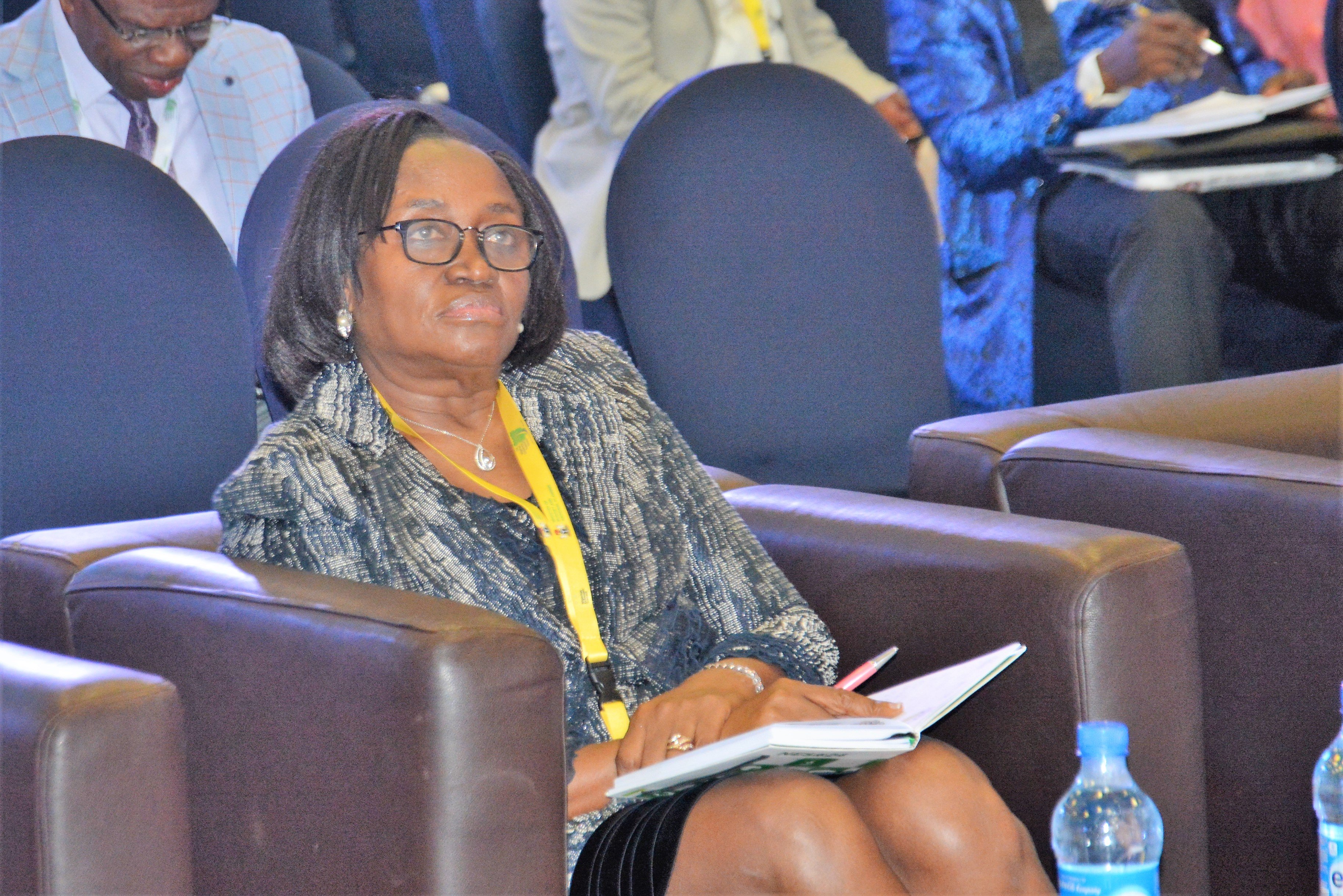
“Unfortunately for developing countries that are desirous of meeting basic needs, there exists low and declining per capita income across countries, increasing inequality between the rich and poor among the citizens of the country, and falling international financial support for low-income countries,” she said.
Advertisement
“This calls for innovative thinking on how to leverage on mobilisation of domestic resources for sustainable development. In fact, the inability of many developing countries to meet up with the achievement of the millennium development goals by end 2015 was attributed to lack of finance to execute the project in most cases.
She added that official development assistance (ODA) will be inadequate to develop Nigeria.
Advertisement
“It is in this context that it has become apparent that resorts to domestic resource mobilisation must be intensified in Nigeria to achieve sustainable development.”
Advertisement

